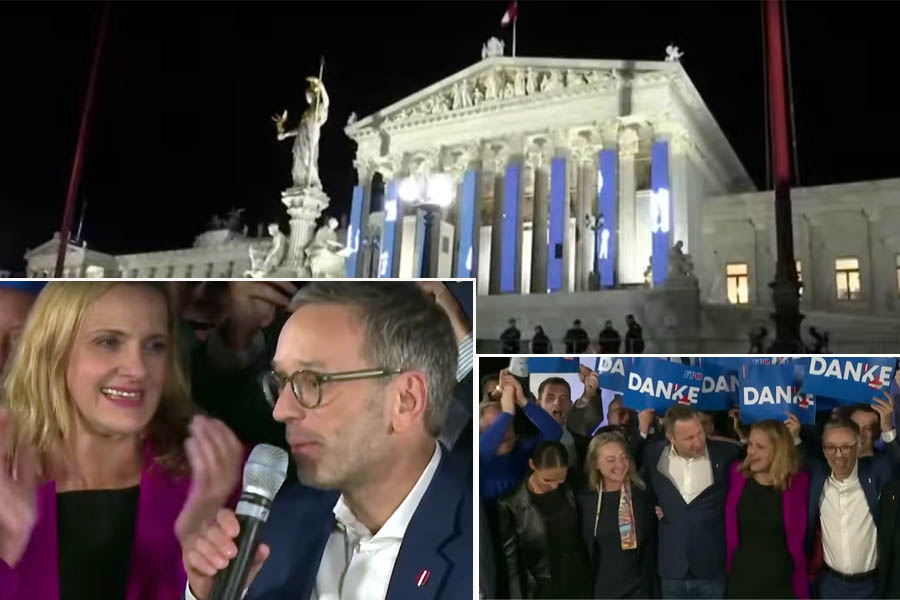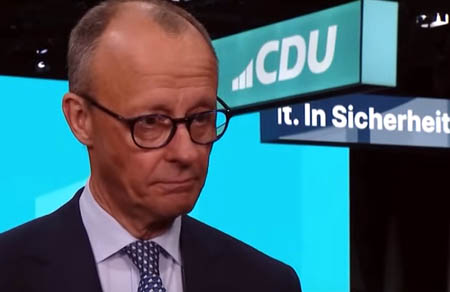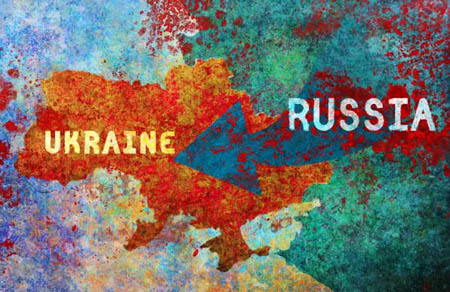
On September 29, 2024, Austria's political landscape shifted dramatically, sending shockwaves across Europe. In a historic and widely anticipated outcome, the far-right Freedom Party of Austria (FPÖ), led by Herbert Kickl, claimed victory with 28.8% of the vote. This result not only eclipsed the centre-right People's Party (ÖVP), which garnered 26.3%, but also signaled a broader transformation in European politics. For the first time since World War II, Austria saw a far-right party rise to power, reflecting the growing disillusionment with mainstream politics across Europe.
The Lead-Up: A Race Against Expectations
For weeks leading up to the election, pollsters and analysts predicted the FPÖ's strong performance, yet few anticipated the scale of its victory. Austria's political arena was dominated by contentious issues like rising living costs, immigration, and national identity—all of which the FPÖ successfully exploited. With a hardline anti-immigrant, anti-Islam, and Eurosceptic platform, Kickl fashioned himself as Austria’s version of Hungary's Viktor Orbán, pledging to implement policies that mirror those in Hungary.
Despite Austria’s centrist and left-wing factions working to distance themselves from the FPÖ, they were no match for the nationalist and populist wave sweeping the country. The Social Democrats (SPÖ), Austria’s oldest political party, fell to a humiliating 20%, its worst result in history. Meanwhile, the liberal NEOS party and the Greens each managed 9%, securing enough to stay in parliament but with little influence on the looming power struggle.
The Aftershock: Coalition Chaos
As Austria awoke to the FPÖ’s first-place finish, all eyes turned to President Alexander Van der Bellen, who must now choose which party to task with forming a government. The road ahead is far from clear. While the FPÖ emerged victorious, its extreme positions, particularly on immigration and the European Union, make it a controversial partner. The ÖVP, led by Chancellor Karl Nehammer, has categorically refused to form a coalition with the FPÖ under Kickl, recalling his tenure as Austria's interior minister from 2017 to 2019—a period marred by scandal and international ostracism.
However, Nehammer’s position is precarious. Despite finishing second, he could still seek to form a coalition with the SPÖ and either the Greens or NEOS. Yet, such a three-party alliance would likely be fragile, especially given the ideological gaps between the SPÖ and Nehammer’s economically conservative policies. Political scientist Peter Filzmaier suggests that Nehammer’s chances of remaining chancellor are slim but not impossible.
The Herbert Kickl Factor: A Would-Be Autocrat?
Herbert Kickl’s victory is more than a political win—it is an ideological triumph for Europe’s far-right. Often described as a cerebral strategist, Kickl has long idolized Viktor Orbán’s brand of illiberal democracy. His FPÖ platform, entitled "Fortress Austria," calls for the end of political asylum and a strict anti-immigration policy—proposals that blatantly defy European Union rules.
Kickl’s rhetoric is laced with historical and nationalist undertones. His use of the term "Volkskanzler" (people's chancellor) echoes Hitler’s rise to power, a deliberate nod to Austria’s Nazi past that resonates with his base. Although Kickl has tried to modernize the FPÖ’s image, its roots as a party founded by former Nazis continue to stir controversy. Just before the election, a video surfaced of FPÖ members singing an SS anthem at a funeral, further amplifying concerns about the party's far-right extremism.
Yet, Kickl is playing the long game. Even if the FPÖ remains in opposition, Kickl is likely to leverage his position to polarize Austria’s political landscape further. His supporters are fiercely loyal, and his strategy of stoking anti-elite sentiment mirrors populist movements across Europe. For him, this election is not the end but the beginning of a more profound political realignment in Austria.
European Implications: A Continent on Edge
The FPÖ’s win is not an isolated incident but part of a broader right-wing resurgence across Europe. Countries like Hungary, Italy, the Netherlands, and Sweden are already witnessing the rise of populist parties, some of which are now in government. Austria’s election confirms that far-right ideas are no longer on the fringe; they are becoming mainstream.
In 2000, when the FPÖ first entered a coalition with the ÖVP, the European Union attempted to diplomatically isolate Austria, a move that failed and now feels anachronistic. In today’s Europe, where migration, economic instability, and national sovereignty dominate the agenda, many voters see populist leaders as the only ones willing to address their concerns.
The FPÖ’s rise will also complicate Austria’s relations with its European neighbors. Kickl’s pro-Kremlin stance and opposition to sanctions against Russia, along with his skepticism of the European Union, are likely to strain Austria’s role within the EU. Moreover, Austria’s participation in the German-led European Sky Shield initiative, which Kickl vehemently opposes, raises questions about the future of Austria’s defense policies and its role in Europe’s security framework.
What’s Next for Austria?
The election outcome leaves Austria at a crossroads. Will Nehammer be able to form a fragile coalition, or will the FPÖ force its way into government, changing the country’s direction for years to come? The uncertainty reflects a broader tension between Austria’s democratic institutions and the rise of populism—a struggle that will shape the future of Austrian politics.
For Europe, the FPÖ’s victory is both a warning and a wake-up call. The populist wave is far from over, and its ripple effects are being felt across the continent. Whether Austria’s election becomes a template for other nations or remains a uniquely Austrian phenomenon will depend on how Europe’s political leaders respond.
Conclusion: A Moment to Remember
Austria’s 2024 election is not just a national event; it’s a bellwether for Europe’s future. The rise of the FPÖ signals that the far-right is no longer a fringe movement but a formidable force in shaping modern politics. As Austria navigates this political earthquake, the rest of Europe watches with bated breath, wondering if this is a sign of things to come or a temporary detour from the liberal democratic order.
This election will be remembered as a turning point—a moment when Austria, and perhaps Europe, stood on the precipice of a new political era.
#AustriaElections 🇦🇹🗳️ #FreedomParty 🟦🔥 #FarRightRise #PoliticalShift 🔄 #MigrationCrisis 🛂 #KarlNehammer 🤔 #HerbertKickl 👤 #EuropeanPolitics 🌍 #CoalitionTalks 🤝 #AustriaNews 📰 #FPÖVictory 🏆
Thank you for reading: globalpostheadline.com





